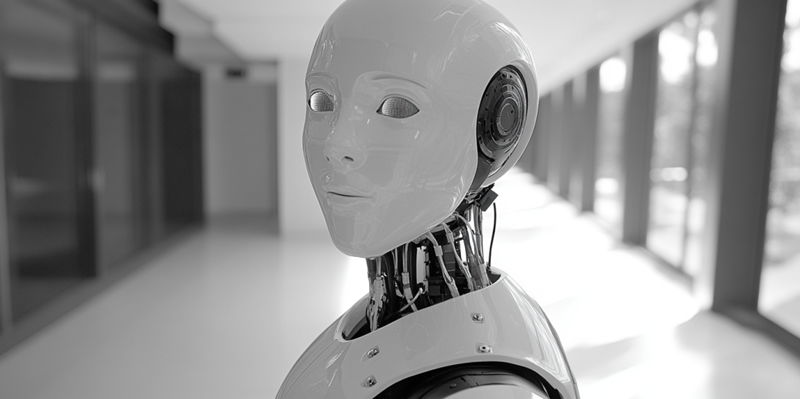In recent years, intelligent process automation (IPA) has evolved rapidly, transforming how enterprises manage and optimize their workflows. Initially characterized by script-based automation, the field has advanced through the stages of robotic process automation (RPA) and is now venturing into the realm of intelligent automation. This progression highlights the industry’s transition from deterministic AI towards a more sophisticated integration of probabilistic AI technologies. As businesses seek greater efficiency and adaptability, the introduction of agentic AI stands as a promising milestone, offering an unprecedented level of dynamism and capability in automating business processes.
The Evolution of Intelligent Process Automation
Over the past decade, automation technologies have made significant strides, beginning with script-based methods that automated simple, repetitive tasks. These early scripts laid the groundwork for more advanced techniques like RPA. Pioneering companies in the RPA space have driven the adoption of deterministic AI to handle structured and rule-based processes effectively. This deterministic nature relies on predefined rules and logic, making it suitable for straightforward automation tasks but limited in handling more complex scenarios.
The last three to four years have seen an amplification in the development of IPA, fueled by the rise of generative AI and large language models (LLMs). The infusion of these probabilistic AI technologies has broadened the spectrum of automation capabilities, enabling systems to understand context, learn from data, and make informed decisions in real time. This shift from purely rule-based methods to more dynamic AI-driven approaches marks a pivotal moment in the evolution of IPA, with the manifestation of agentic AI as the latest innovation.
Agentic AI represents a transformative development in automation, distinguished by its ability to operate autonomously and adapt to changing conditions without explicit reprogramming. This form of AI goes beyond executing repetitive tasks to orchestrating entire processes, leveraging advanced algorithms and learning mechanisms to optimize outcomes. The advancements in agentic AI technologies position them as a disruptive force, set to redefine enterprise automation by significantly enhancing operational efficiency and decision-making capabilities.
The Integration of Agentic AI into Enterprise Automation
During industry events and conferences, discussions have increasingly centered around the strategic positioning of organizations within this evolving automation ecosystem. Major players in the automation field have integrated various components over the years, culminating in platforms that now incorporate agentic AI. These comprehensive platforms align with enterprise expectations, offering a unified solution that encapsulates the best of both deterministic and probabilistic approaches.
The seamless integration of agentic AI into traditional automation systems heralds a new era, marked by a shift from rigid, rule-based execution to more flexible, adaptive process management. This transition underscores the growing importance of AI-driven insights and real-time adaptability in maintaining competitive business operations. As companies embrace these advanced automation technologies, they stand to gain a significant competitive edge by optimizing efficiency, reducing operational costs, and improving decision-making precision.
Various experts at recent events have emphasized the transformative potential of agentic AI, reflecting a broad consensus that this technology will have a profound impact on business processes. The ability of agentic AI to manage complex workflows, predict outcomes, and autonomously adjust strategies ensures that enterprises are better equipped to navigate an increasingly dynamic and competitive landscape. This forward-looking perspective outlines a future where intelligent process automation is not just a tool for efficiency but a cornerstone of strategic business innovation.
A Future Shaped by Agentic AI
In recent years, intelligent process automation (IPA) has undergone significant advancements, fundamentally altering how businesses manage and streamline their workflows. Initially based on script-based automation, this field has evolved through various phases, such as robotic process automation (RPA), and is now entering the sphere of intelligent automation. This evolution underscores the industry’s shift from deterministic AI, which follows predefined rules, to more advanced probabilistic AI technologies capable of learning and adapting. As businesses chase greater efficiency and flexibility, the emergence of agentic AI marks a noteworthy milestone. Agentic AI offers a remarkable level of dynamism and functionality, setting new standards in the automation of business processes. This innovative technology promises enhanced adaptability and efficiency, enabling enterprises to more effectively respond to changing market demands, optimize operations, and maintain competitive advantages. The rise of IPA, culminating in agentic AI, represents a transformative force in the landscape of business process automation.

